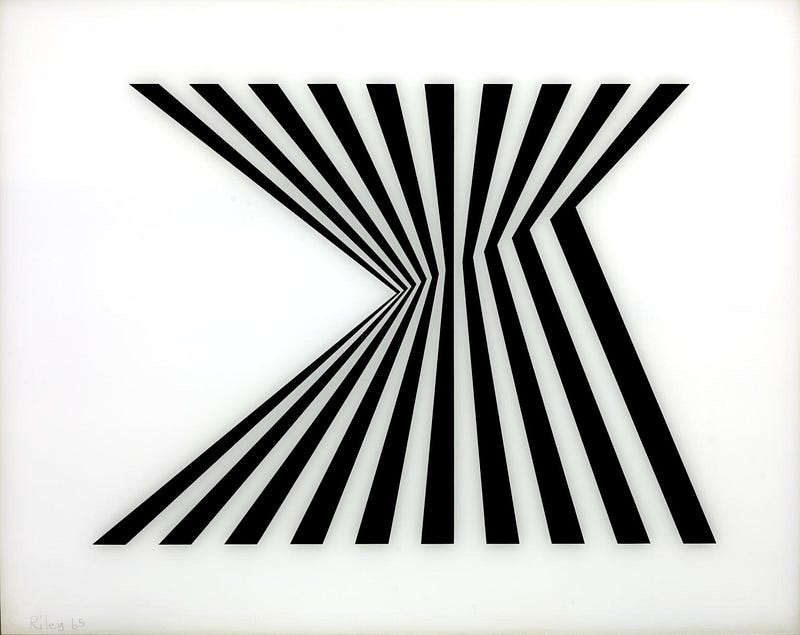Winning the war for attention by sharing it
It is not time that is the most precious resource on planet earth for humanity, it is attention. And there is a war for it.
It is not time that is the most precious resource on planet earth for humanity, it is attention. And there is a war for it.
Attention is the ability to muster brain functions to one specific focal point. We all have access to attention and it is what enables you to make things happen.
Descartes’ “cogito ergo sum” is one of very few statements about our world that intuitively feels right. Hear me out, if I am thinking, at least something ought to exist, right? In addition to the thinking itself though, your attention is the only thing that exists with certainty.
Consider Sam Harris argument for the existence of consciousness, attention’s separated-at-birth-twin-sister. “Many truths about ourselves will be discovered in consciousness directly, or not discovered at all.” Attention exists because we experience it, and your storage of it is a resource that a growing number of well-resourced organisations seek to harvest.
There is a notion that we control our attention with free will. Without getting into the full argument of the existence of free will or not (clue, it does not exist) it is abundantly clear that there is a fight, if not a full-fledged war, for the attention that you have.
Since the beginning of modern times, media has fought for your attention and monetised it. By giving you a compelling story to read, the newspaper captured your attention enough for you to have to pay attention to the adverts next to it. Before the advent of mass media, religion did much of the same, using rituals, music, and art (along with coercion) to capture it.
Media harvests attention at mass scale, more so now than in the early newspaper-only days, so what is qualitatively different?
Algorithmic augmentation.
Think about that time when Facebook surfaced the post of your friend with your other friend having dinner at that restaurant where you never got a table, making you… feel strongly. And for some reason, it hit your feed at a time when you were thinking about that friend and had started wondering whether or not she had started avoiding you. Weird? Insidious and extremely attention-grabbing, but not weird.
The way machine learning algorithms operates to grab your attention is pretty straightforward. By tracking billions of people and their relationships with each other and their interactions with content, pattern emerges. These algos get better with time and experience, better at understanding how you are related to your friends and the friends of your friends, what interests you share, and by observing all this behaviour in real-time they know how to engage you, make you feel things, by serving you content that will capture everything you have of attention in this moment. And the next. The machinery behind this is operated by thousands of incredibly smart people with limitless resources tweaking the algorithms towards one goal, capture your attention from whatever you were paying attention to before. And it gets better and better at a growing pace. Just like media of the past, the algorithmic social media lives by serving ads to you, and to serve the ads, they need your attention first.
I have spent half a lifetime in advertising, marketing, media, and adjacent industries. While it is easy to blame advertising and the internet giants for harvesting your attention, it is fair to say that even the commercial free speech, though paid-for, has its place in an open society. Without it, very few new things would enter our lives. Getting new products and ideas in front of people drives change and it is a net-positive in my book. Also, with the algorithmic attention mass-theft developed by Facebook and Google, it is no longer only advertising-based media that engages in the steal. A growing number of subscription services are doing pretty much the same thing, think of actors such as Netflix, Audible, and Spotify.
It is fair to say that the thirst for harvesting our attention has never been more prevalent, and there are few signs of a slow-down. However, with a resource that is limited in the way attention is, one wonders what gets less attention with more and more attention being grabbed by commercial actors with their own agendas? And if certain things get less attention at a grand scale, what are the implications?
My guess, less attention is paid to the meaningful relationships in your life. To the well-thought-through ambitions and plans that take real effort. To the true collaboration with your colleagues at work. This attention deficiency does something to the way we relate to each other and our ability to create new things.
That is why reading about the concept of joint attention is so promising. While mostly researched in education of young children and in autism research, it applies well to redirect attention back to meaningful relationships, ambitious projects, and collaboration.
Put simply, joint attention is when two or more people focus on an external thing, paying attention to this thing or happening with focus. Such as watching a football game or a film together, and without using a second screen that diverts attention. With some kind of magic you feel as if you are intimately connected with the people you share attention with even though you are not paying any attention directly to each other.
Perhaps practising joint attention more with the people you value in your life is exactly what you need to win the war for your attention. Sharing attention generously may be the answer to get better relationships and fantastic new things created.




